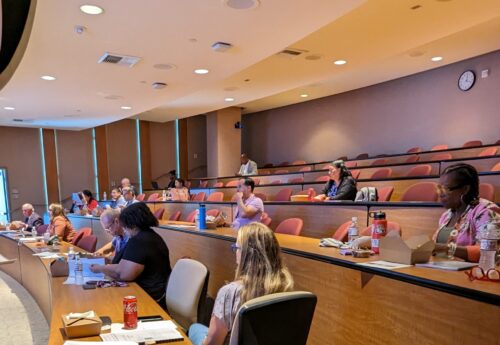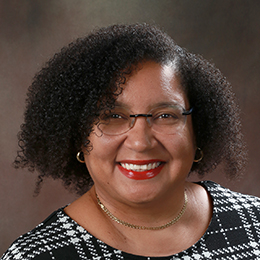Faculty Assembly

The Roseman University College of Medicine (RUCOM) Faculty Assembly serves as the representative body for RUCOM faculty. It collaborates with and advises the dean, academic leadership, and other individuals and committees on matters concerning the well-being and future of the college of medicine, its faculty, and students through its executive committee and elected representatives to RUCOM standing committees. It meets three times a year.
Faculty Assembly Charter
Faculty Assembly Membership
All faculty at RUCOM are members of the Faculty Assembly except individuals holding the title of Associate Dean, Department Chair, Senior Executive Dean, or Dean. Only regular faculty with 0.4 FTE or higher are eligible to vote.
Faculty Assembly — Executive Committee

President – Roger Dilts, Jr., PhD, x3025, rdilts@roseman.edu
Office Hours: Wednesdays 11am-12pm

President-elect – Alice Akunyili, MD, x2832, aakunyili@roseman.edu
Office Hours:

Past-President – JP Vilai, MD, FAAP, x3012, jvilai@roseman.edu
Office Hours: Tuesdays 12-1pm
Faculty Assembly Meeting Schedule
July 15, 2025 @ 12:00 pm
Email COMFacultyAssembly@roseman.edu for more information.